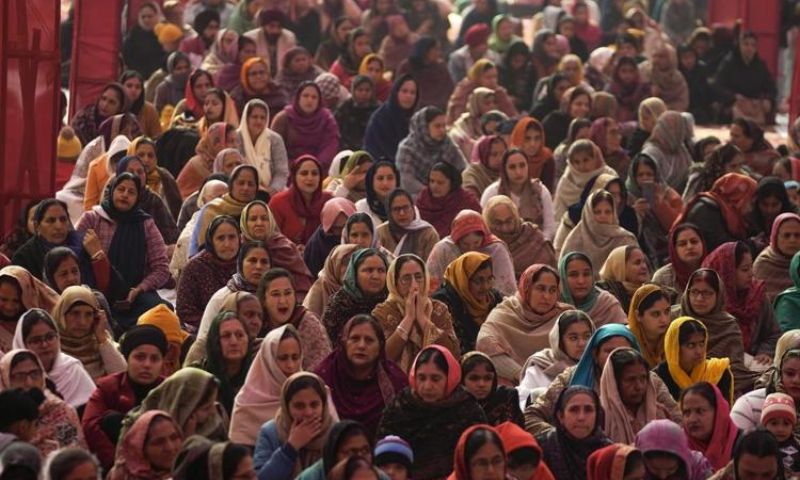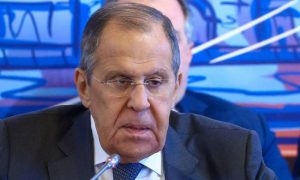CHENNAI, India: India, with its rich and ancient history, has seen the rise of various nonreligious movements throughout the millennia. However, despite this legacy, many atheists and rationalists in the country choose to remain discreet about their skepticism towards faith. In a nation deeply rooted in religious beliefs, going public with one’s lack of faith can be fraught with risks and challenges.
Avinash Patil, a religious skeptic and leader of an anti-superstition group in a western Indian state, highlighted the diminishing space for debating religious authority and belief in the country. He attributed this decline to the increasing religious and communal tensions and the rise of Hindu nationalism under Prime Minister Narendra Modi’s leadership over the past decade.
The risks of being open about one’s skepticism or engaging in activism in favour of atheism or rationalism are significant and can even be dangerous, as Patil noted. He and his organization are still seeking justice for the founder of their group, Narendra Dabholkar, a renowned rationalist who was tragically killed a decade ago.
In India, those who are not affiliated with any religion, often referred to as the “nones,” form a small minority among the country’s vast population. This group includes atheists, agnostics, the culturally religious but not observant, rationalists, and the spiritual but not religious.
Stephanie Kramer, a senior researcher at Pew Research Center, mentioned that societal taboos and interviewing biases may contribute to the underrepresentation of “nones” in surveys about India’s religious makeup. In a 2020 survey conducted by Pew, only a tiny fraction of respondents identified as unaffiliated with any religion, suggesting an unusual trend compared to global norms.
Hindus constitute the dominant religious group in India, making up about 80% of the population, while Muslims are the largest minority religion at 14%. The country also hosts diverse religious communities like Buddhists, Christians, Jains, Sikhs, and various Indigenous faith traditions.
While India allows for individuals to renounce their religion and acknowledges non-religious and non-ritualistic weddings through the Special Marriage Act of 1954, the state does not officially recognize atheism or non-religiosity. Consequently, some individuals may feel compelled to list a religion on official documents to avoid administrative complications.
Activists like Jaswant Mohali and Avinash Patil advocate for a “no religion” checkbox on the country’s census forms to provide recognition and representation for those without religious affiliations. These activists also advocate for broader social justice issues, including caste and gender equality.
- Veeramani, president of the Chennai-based Dravidar Kazhagam, emphasized that the rationalist approach is about clarity of thinking, promoting equality and equity rather than focusing solely on numbers or a show of hands. The group has historically resisted central government policies and advocated for social justice causes.
In a country where religion is deeply ingrained in the societal fabric, speaking out against religious practices and beliefs can evoke strong reactions. Critics often accuse such rhetoric of being anti-Hindu, but proponents emphasize that their intent is to challenge systems perpetuating caste discrimination and promote equality and justice. For atheists and rationalists in India, the struggle for justice involves confronting opposition from religious, cultural, and caste-based systems.























